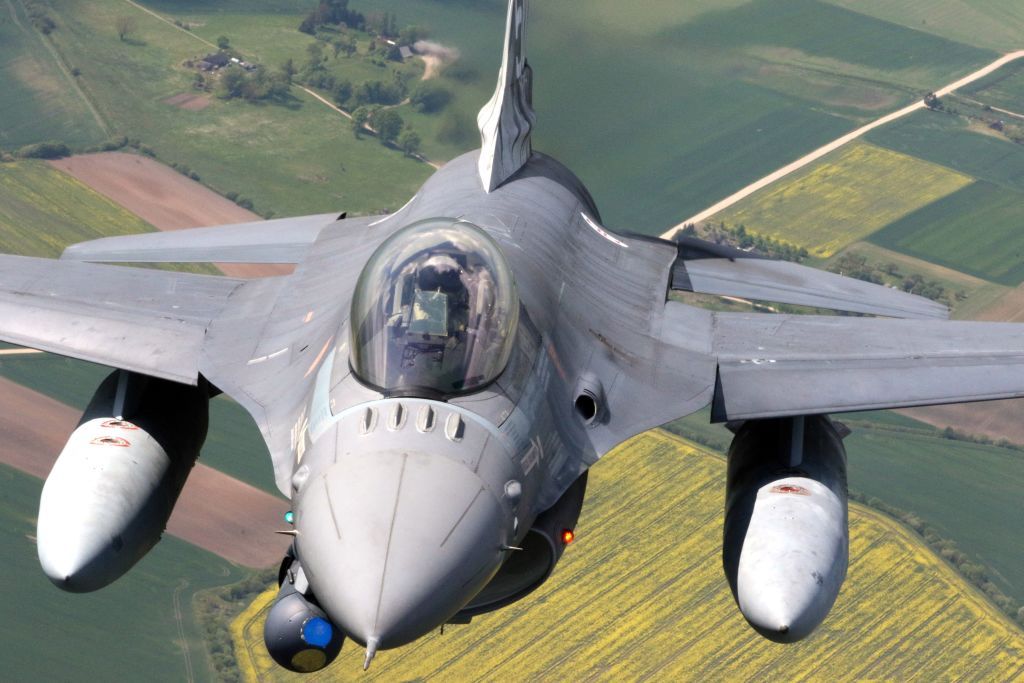Bild: Scholz blocking delivery of Taurus missiles to Ukraine for the foreseeable future

Germany will not send long-range Taurus missiles to Ukraine due to Chancellor Olaf Scholz's fears that the move will draw Germany into the war, Bild reported on Oct. 4, citing unnamed German and Ukrainian sources and previous comments made by the Chancellor.
Although the transfer is not categorically ruled out in the future, and Germany has not formally denied Ukraine's request, it is considered "highly unlikely" that the missiles will be delivered.
The Taurus missiles have been the subject of much discussion and debate, with much of the German hesitation stemming from the prospect of the missiles being used within Russia’s territory.
Ukraine has received other long-range missiles from its allies, such as the Storm Shadow from the U.K. and the French-made SCALP, but the Taurus has significantly longer range.
Behind the scenes, officials from the U.K. reassured their counterparts in Germany that Ukraine had not used Storm Shadow missiles on targets without prior approval.
Other members of Germany’s ruling coalition have approved sending Taurus missiles to Ukraine. On Sept. 4, German MP Marie-Agnes Strack-Zimmermann wrote on Twitter that "he (Scholz) alone blocks this decision within the coalition".
According to sources cited by the Wall Street Journal, Scholz was concerned that German personnel would have to work with the missiles on the ground in Ukraine, a move that he claimed would require a vote from parliament. Moreover, Scholz feared that the presence of German boots on the ground in Ukraine could cause “a direct confrontation with Russia.”
It is unclear why Scholz claims German personnel would need to be physically located in Ukraine in order for the Taurus missiles to be used, the article read.
According to Bild, Scholz's primary concern is that he does not want the German military to be directly involved with the targeting of the missiles, either by providing geodata or by having personnel on the ground. German officials also do not want the missiles to be used to target the Kerch Bridge in occupied Crimea.
Ukrainian Foreign Minister Dmytro Kuleba has previously assured Ukraine's allies that long-range missiles provided by foreign countries will not be used to strike Russian territory.
"By canceling the Taurus delivery, Scholz confirms the total failure of Germany as the self-proclaimed leading nation for European security, and offends our partners such as Great Britain and France, who are already delivering cruise missiles," Roderich Kiesewetter, a member of the Bundestag, told Bild.














